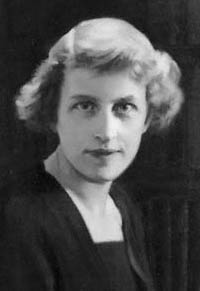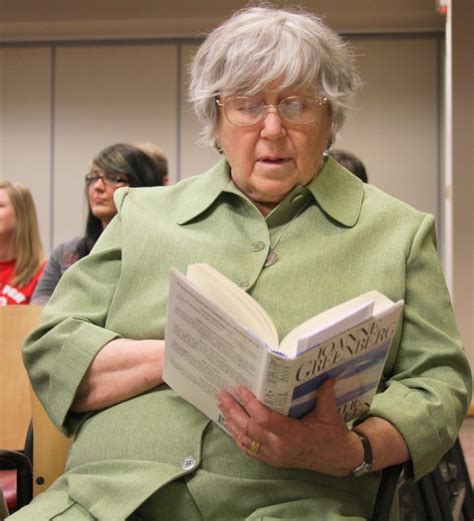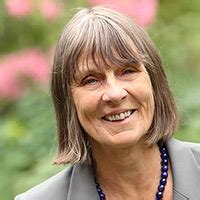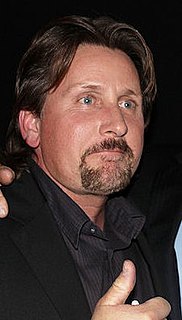A Quote by Winifred Holtby
This alone is to be feared - the closed mind, the sleeping imagination, the death of the spirit. The death of the body is to that, I think, a little thing.
Quote Topics
Related Quotes
They alone live whose lives are in the whole universe, and the more we concentrate our lives on limited things, the faster we go towards death. Those moments alone we live when our lives are in the universe, in others; and living this little life is death, simply death, and that is why the fear of death comes.
Every living thing, animal or human, or tree experiences that which is called death, with no exception. You've all accepted that one a long time ago. Spirit, which is who we really are, or Source, is eternal. So what death must be is a changing of the perspective of that Eternal Spirit. If I am standing in my physical body and am consciously connected to that Eternal Spirit, then I'm Eternal in nature and I need not ever again fear any endedness, because, from that perspective I understand that there is not any of that.
Death is but a word to us. One's own experience alone can teach us the real meaning of the word. The sight of the dying does little. What one sees of them is merely what precedes death: dull unconsciousness is all we see. Whether this be so,--how and when the spirit wakes to life again,--this is what all wish to know, and what never can be known until it is experienced.
Misunderstanding may arise by confusing the Buddhist and scientific definitions of death. Within the scientific system you spoke quite validly of the death of the brain and the death of heart. Different parts of the body can die separately. However, in the Buddhist system, the word death is not used in that way. You'd never speak of the death of a particular part of the body, but rather of the death of an entire person. When people say that a certain person died, we don't ask, "Well, which part died?"







































